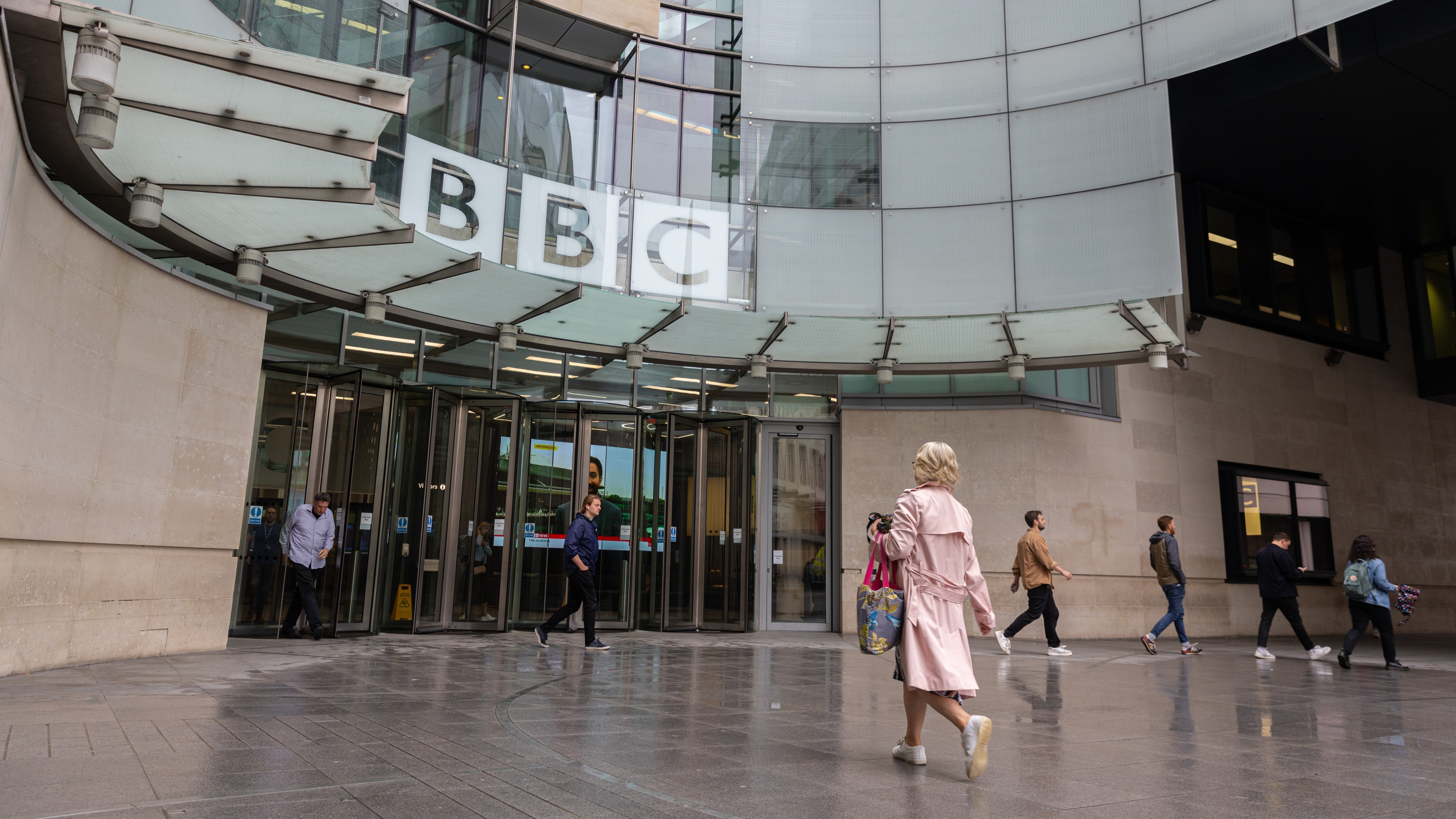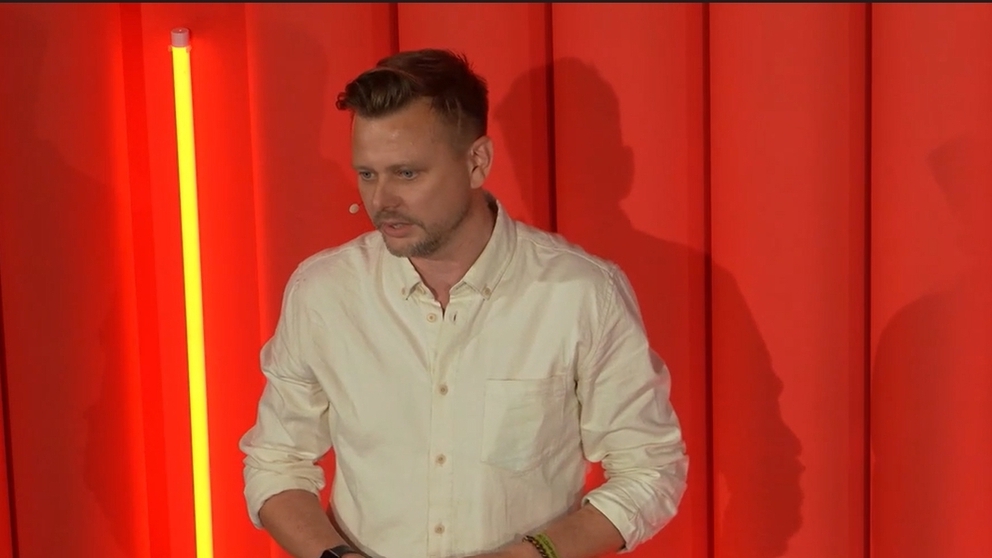IBC2024: In the session titled ‘Can AI be regulated? What public policy can(‘t) do to address AI risks’, speakers Renard Jenkins, President of SMPTE, and Francois Lavoir, Senior EU Policy Advisor for the EBU, debated some of the responses to the new risks created by the rapid development of AI and how issues like the proliferation of AI-powered disinformation have been testing the limits of what the law can accomplish.
Legal protections for artists and content owners have lagged behind the pace of generative AI (genAI) development the world over but regulators are tightening the noose.
“We want to keep control,” Lavoir told the audience at the AI Tech Stage session. With the AI Act in force since August 2024, the European Union has led the way in protecting citizens against the risk of data misuse and harm, he claimed.
“The regulations provide more transparency about how data is used in the training of AI systems and its output so we can use that knowledge to prevent AI providers from using it,” he said.
Some genAI tool developers offer creators the chance to opt out of being included in training models. “But you need to know who is using your content in order to opt out in the first place,” said Lavoir. “Once you have the power to say ‘yes’ or ‘no’ to whether your data is used then you have the power to negotiate remuneration.”
For the public service broadcasters represented by the EBU, financial compensation is not the only concern. Visibility around how a broadcaster’s brand and content has been manipulated - or not - in final output is imperative.
Lavoir said: “We want to have a comprehensive discussion with AI providers that gives our members levers to negotiate something in return for use of their content.”
The EU is also keeping a close eye on the progress of a controversial AI safety bill passed by the California State Assembly earlier this month. While it contains data protection safeguards in common with the AI Act it also goes further in building in potential civil liability of up to 10% of the costs of training capped at $100m.
“We are following developments closely because it will have a significant impact on what we do,” said Lavoir.

Stephen Nuttall unveiled as new Chair of IBC’s Partnership Board
Stephen Nuttall has been appointed as the new Chair of IBC’s Partnership Board. Made up of representatives from each of the six partner organisations which own IBC (IABM, IEEE, IET, RTS, SCTE and SMPTE), the IBC Partnership Board provides the governance and strategic oversight of IBC.

Saleha Williams appointed CEO of IABM
Saleha Williams has been appointed as the Chief Executive Officer (CEO) of IABM.

Comcast sets leadership team for ‘SpinCo’ cable unit
US media and telco giant Comcast has unveiled the leadership team for SpinCo as it prepares to spin off its cable television portfolio later in the year.

Labour exploring ‘alternative funding options’ to BBC licence fee
UK Culture Secretary Lisa Nandy is reportedly considering scrapping the BBC licence fee at the end of the Corporation's current charter in December 2027.

BBC Director-General Tim Davie to head Creative Cities Convention speakers
BBC Director-General Tim Davie has been lined up as one of the key speakers at this year’s Creative Cities Convention, being held from May 7–8 in Bradford as part of its UK City of Culture 2025 celebrations.




